Gender Equality Today for a Sustainable Tomorrow – Episode 29
IFAD Asset Request Portlet
Asset Publisher
Gender Equality Today for a Sustainable Tomorrow – Episode 29
21 February 2022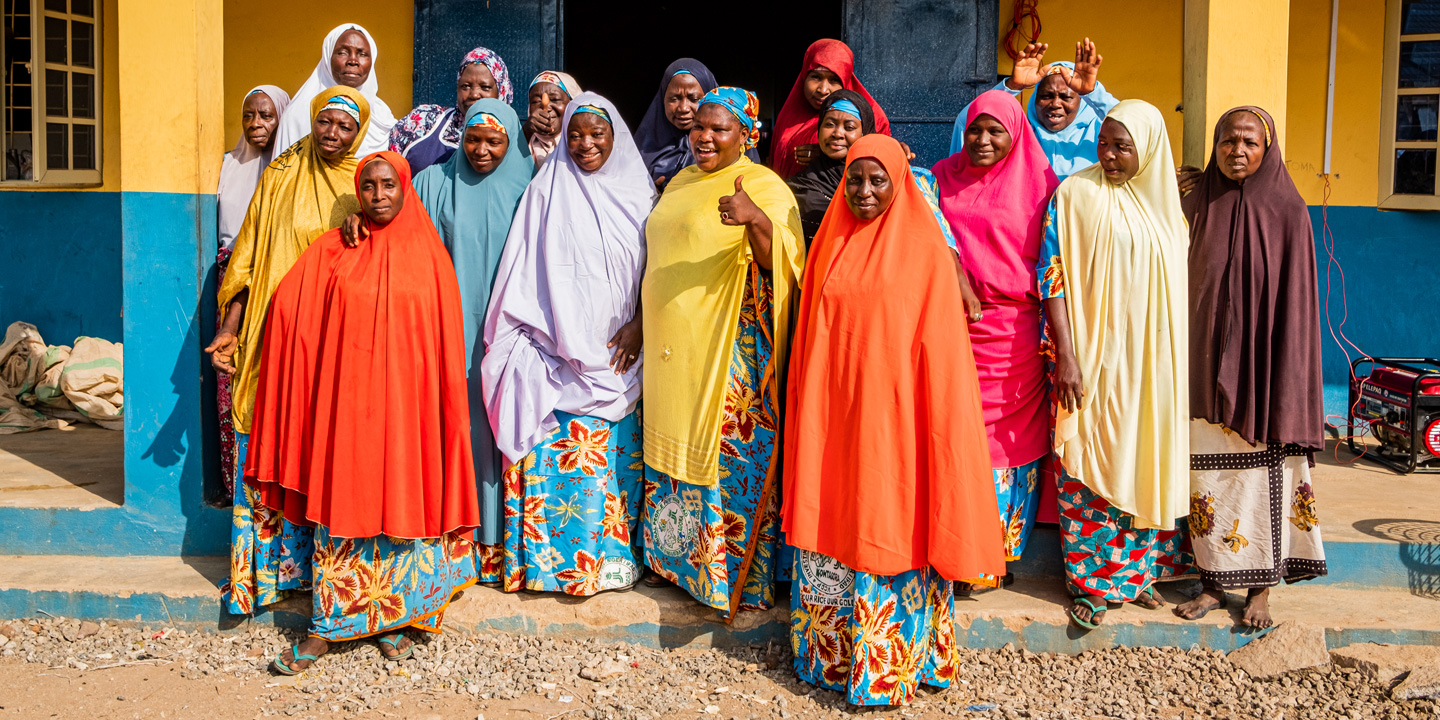
This month, in anticipation of International Women’s Day 2022, our focus is on gender equality.
The theme of this year's celebrations is “Gender equality today for a sustainable tomorrow.” At IFAD, we've long recognized that sustainable development is inseparable from female empowerment – so this episode is devoted to exploring how gender equality and agricultural development go hand in hand.
Joining us are Ndaya Beltchika, our Lead Technical Specialist for Gender and Social Inclusion; representatives of all five winners of our 2021 Gender Awards; and Jeong Kwan, a Buddhist nun from South Korea known as the "philosopher-chef."
And don’t forget – you can always look here to explore all our work on gender equality.
Episode Contents
- The importance of International Women’s Day, with Ndaya Beltchika
- Meet our 2021 Gender Awards winners!
- Jeong Kwan on sustainable food systems
- Gender equality in IFAD’s projects, with Ndaya Beltchika
- Summing Up
- Similar Episodes to Enjoy
The importance of International Women’s Day, with Ndaya Beltchika
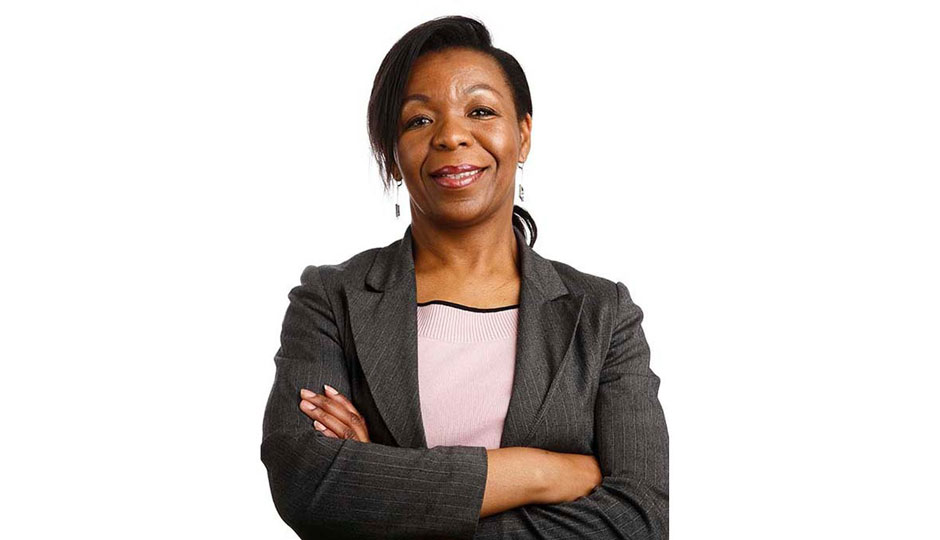 |
| Ndaya Beltchika, IFAD’s Lead Technical Specialist for Gender and Social Inclusion |
Gender equality is one of the UN’s Sustainable Development Goals. We’ve made considerable progress over the years, but there’s still so much more to do.
We spoke with Ndaya Beltchika, IFAD’s Lead Technical Specialist for Gender and Social Inclusion, about the role International Women’s Day plays in bringing attention to ongoing inequalities and highlighting the actions we still need to take.
Meet our 2021 Gender Awards winners!
Every year, IFAD honours the achievements of five initiatives from around the world that are delivering outstanding progress towards the empowerment of women. We’ve interviewed representatives of all five of this year's Gender Award winners.
NICAVIDA – Latin America and the Caribbean
NICAVIDA, an IFAD-funded project based in Nicaragua, works with local authorities to empower rural women and encourages dialogues that help families achieve equity in decision-making and household work.
Our reporter Miguel Teran spoke with Rosa Argentina, the project’s Gender Focal Point. She explained the importance of helping women gain the skills they need to participate in their local economies.
UTaNRMP – East and Southern Africa
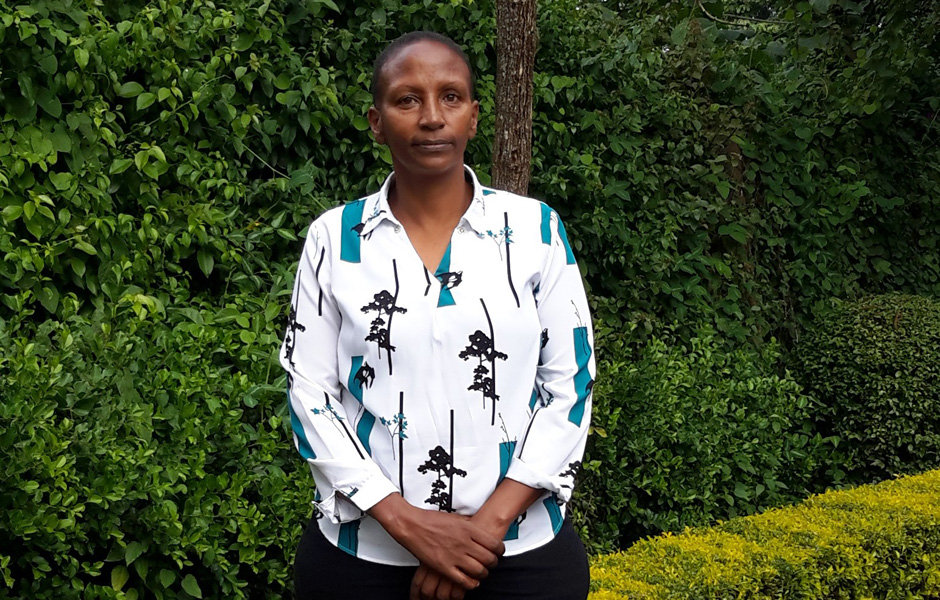 |
| Joy Mathenge, representative of UTaNRMP |
Staff for Kenya’s UTaNRMP project believe that empowering people at the household level is one of the best ways to enhance gender equality.
Similar to NICAVIDA, this project offers a set of activities and dialogues that encourage women and men to reflect together on social norms and how these influence their livelihoods.
We spoke with Joy Mathenge, a project representative, to learn more.
FishCORAL – Asia and the Pacific
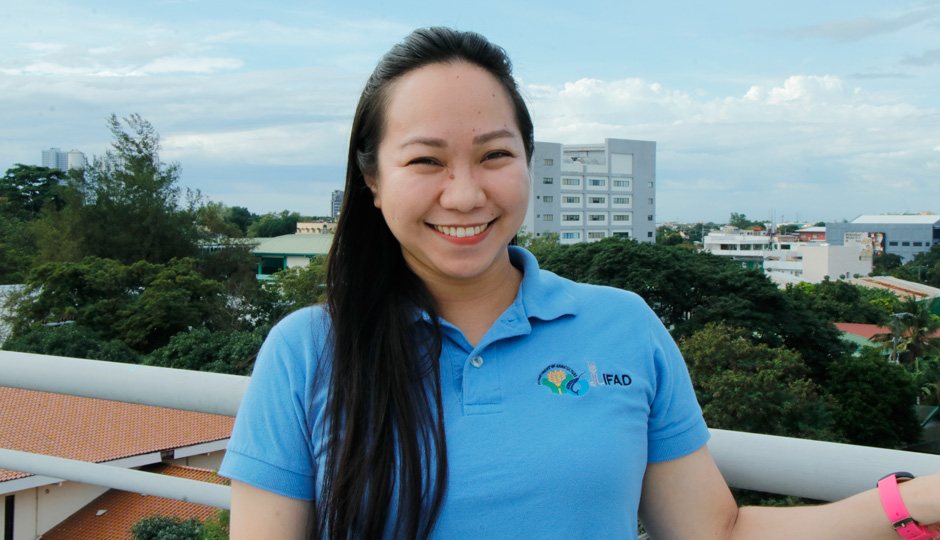 |
| Rhine Joy Lesigues, Gender Focal Point for FishCORAL |
The FishCORAL project was created to help rural fishers in the Philippines manage their waterways and coastal resources, but it also places a strong emphasis on closing the gender gaps in project areas.
At the moment, it’s on track to meet its goals: it’s helping participants organize themselves into fishers’ associations, and as of the last count, 42 per cent of association leaders are women.
Rhine Joy Lesigues, Gender Focal Point for the project, told us more about what they’ve accomplished.
VCDP – West and Central Africa
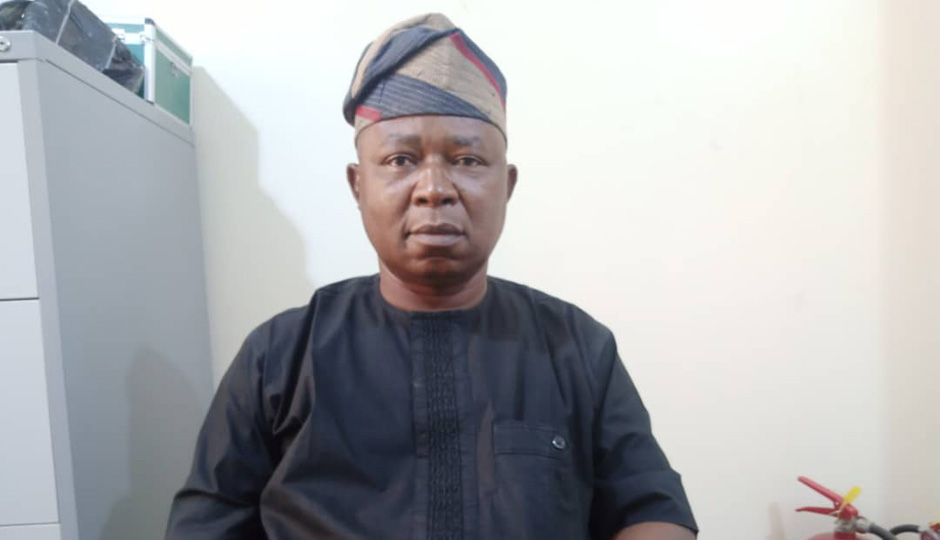 |
| Musa Dalang, Gender Focal Point for VCDP |
Nigeria’s VCDP programme has two main goals: empowering women and promoting gender equality by opening and creating more market opportunities for women.
Musa Dalang, the programme’s Gender Focal Point, explains how they’re making changes for the better.
PRODEFIL – Near East, North Africa and Europe
Tunisia’s PRODEFIL project is dedicated to creating more job opportunities for women. They’re confident that it will translate into more decision-making power for women down the road – and that will have a direct effect on gender equality.
Our reporter Miguel Teran spoke with Salma Jalouali, Director of PRODEFIL, about how job training in agricultural activities fits into their plans to help the region’s women.
Jeong Kwan on sustainable food systems
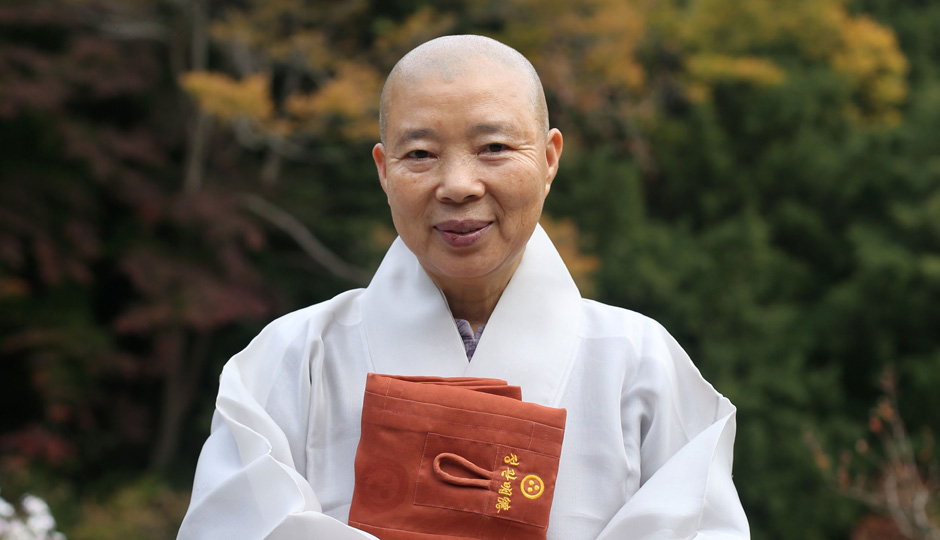 |
| Jeong Kwan, the “philosopher-chef” |
Jeong Kwan is a Zen Buddhist nun, and also a well-known chef of Korean cuisine. She grew up in Yeongju, South Korea, where her parents had a small farm. At 17, after the death of her mother, she decided to become a nun.
Today, she’s famous in Korea as a “philosopher-chef,” not only for her sustainable vegan recipes but also for her pure and sincere approach towards cooking.
Our reporter Doyeon Han met up with Jeong Kwan at Baekyangsa temple. She spoke about her experiences with cooking and farming, as well as the importance of sustainable food systems.
You can find Jeong Kwan’s recipes at Jeon Kwan's Temple Food.
Gender equality in IFAD’s projects, with Ndaya Beltchika
We’re back again with IFAD’s Ndaya Beltchika. This time, she speaks with us about how IFAD addresses gender equality in its projects.
Summing Up
Thanks to our producer Francesco Manetti, our reporters Doyeon Han and Miguel Teran, and everyone else who’s worked on this programme.
But most of all, thanks to you for listening to this episode of Farms. Food. Future, brought to you by the International Fund for Agricultural Development.
Remember, we want to hear from you – what you think about our stories and the issues discussed, and who you want us to be talking to – so please get in touch at [email protected]. Send us your voice or text messages to that address and we’ll be happy to play you out in the next show.
Also don’t forget to subscribe to this podcast via your favourite podcast platform – and please rate us!
Next month, in episode 30, we’ll be celebrating biodiversity as the UN gets ready for the second phase of the 15th Convention on Biological Diversity, being held in Kunming, China. Once again, we’ll be trying to be Good for You, Good for the Planet and Good for the Farmers.
Until then, from Brian Thomson, Miguel Teran, Doyeon Han, and the team at IFAD, thanks for listening.
Similar Episodes to Enjoy
Our podcasts bring you the latest in climate change, environmental sustainability, and issues concerning women, youth, and indigenous peoples. If you liked this episode, check out the ones below!
In Episode 24, we featured an excerpt from Jo Puri’s interview on closing the gender gaps in the agriculture sector.
In Episode 21, Chef Bela Gil spoke with us about gender equity in the culinary world.
And in case you missed it, here’s last year’s episode on International Women’s Day.